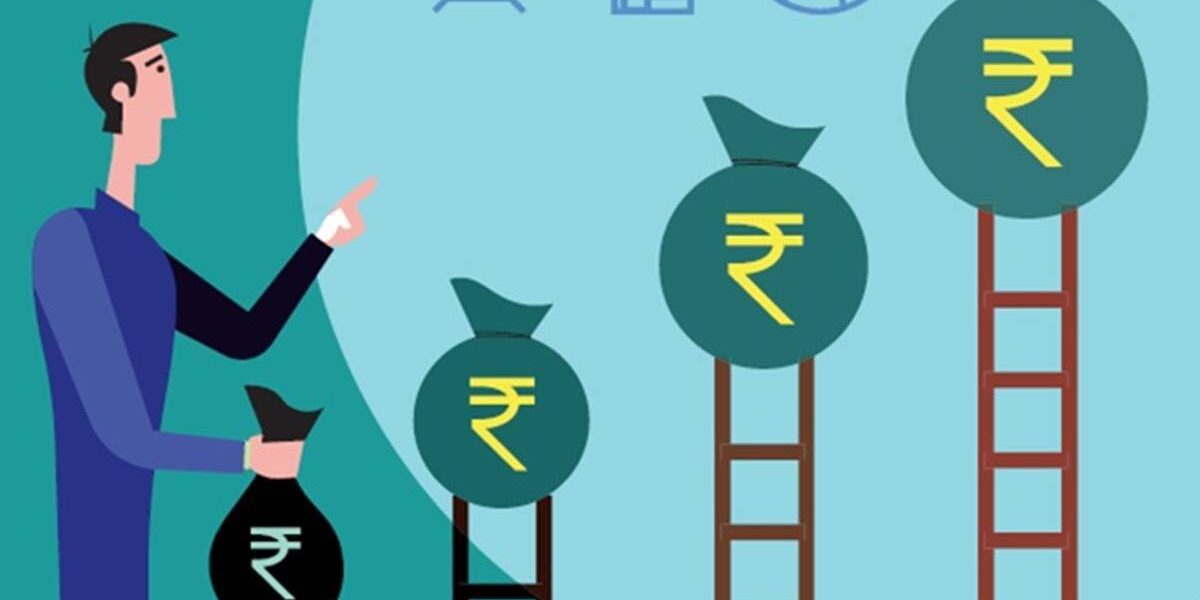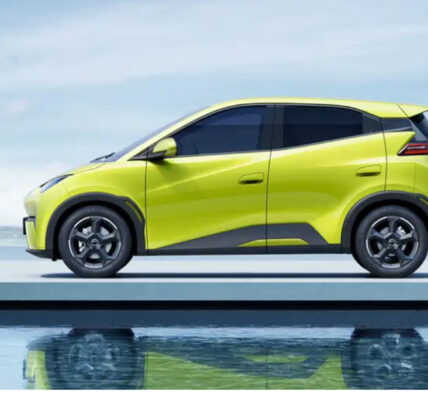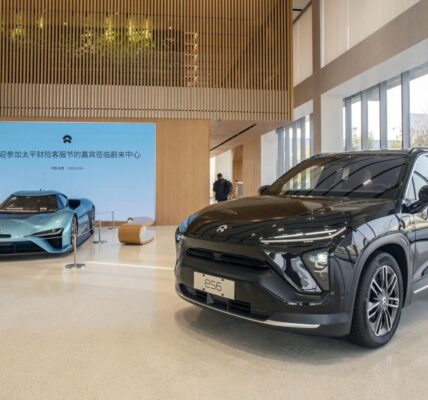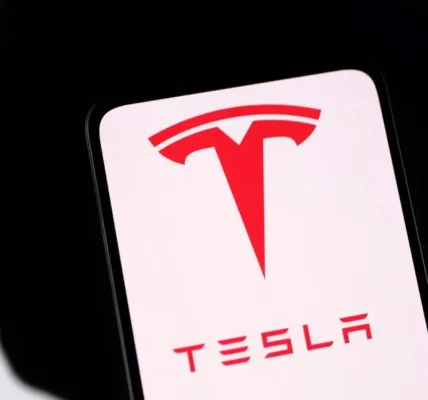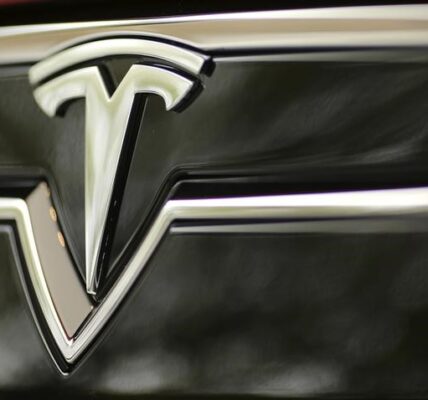US electric carmaker Tesla and its smaller Chinese rivals NIO and Xpeng Motors have been on a US$12 billion capital-raising drive over the past year as their share prices have soared, competing fiercely to attract investors to help fund the roll-out of new models.
The latest offering by Shanghai-based NIO shows just how much sway these fast-growing disrupters of the automobiles industry hold over investors, and how their fortunes have changed in the space of a couple of years.
NIO, founded in 2014, was able to sell US$1.3 billion worth of convertible notes to investors this week on far more aggressive terms than during a similar offering just two years ago.
It went to market with the convertible notes and met such strong demand from investors that the deal was quickly seven times oversubscribed, according to a person familiar with the deal.
The Tesla challenger is highly likely to sell extra shares, triggering a so-called greenshoe in the jargon of capital raising, to fulfil the overwhelming number of orders from investors. The final size of the offering will rise to US$1.5 billion, the person added.
As recently as March last year, NIO appeared to be teetering on the edge of insolvency after the coronavirus pandemic crimped sales, the government cut subsides and competition with Tesla intensified.
A Chinese state-controlled entity stepped in and made an emergency injection of cash into the company. Since then it has boosted production, and on Saturday launched its third model, an electric luxury car that could go as far as 1,000km (621 miles) on a single charge.
NIO’s American depositary shares (ADSs) started trading last year at around US$3.83 a share. These closed on Wednesday at US$62.15 a share. Also last year, it raised US$4.8 billion in equity capital markets, according to data provider Refinitiv.
Its turnaround is all the more remarkable given escalating US-China tensions, the technology Cold War and the Trump administration’s attempts to block Chinese companies from accessing US capital markets.
When NIO was marketing its convertible notes to investors, it promised that if it was forced to delist its shares from the New York Stock Exchange, the notes would convert into equity traded via a secondary listing elsewhere, the person familiar said.
Electric car makers are rapidly raising funds and diversifying their capital structures while their stock is in high demand. Despite investors’ current infatuation with the industry, these carmakers still need to fight for every dollar.
Bank of America analysts said on Wednesday that funding the shift towards EVs was a tremendous hurdle the industry will have to overcome. It estimated that the evolution of the global automotive industry towards 100 per cent electrification may need more than US$2.5 trillion in investment across the next decade and beyond.
The sources of capital for what will be the single largest investment by the automobiles industry in a century will be internal, external and state-led.
Tesla has already issued convertible bonds, but NIO is the only Chinese company in the sector to do so. Its offering this week was divided into two tranches of US$650 million each, with one due in 2026 and the other maturing a year later, allowing the company to stagger repayments.
The 2026 notes will pay zero in coupons and the 2027 notes will bear just 0.5 per cent in interest a year, far lower than the 4.5 per cent coupon that NIO was paying on the 2024 notes it issued in 2019.
The notes convert into equity if the stock rises 50 per cent over the reference price for its shares at the time of the sale, which is an unusually steep premium. Nevertheless, each tranche attracted interest from about 200 investment firms.
In comparison, Tesla issued a five-year convertible bond in 2019 with a 2 per cent coupon and a 27.5 per cent conversion premium.
In Asian trading on last week, NIO’s 2026 notes were trading higher at 104.75 to 105.5 in cash price, and the 2027 notes were up at 104.125 to 104.625. If the shares are volatile and liquid, they offer investors a greater chance to make money by trading the option to convert into shares.
NIO is also in talks with holders of its 4.5 per cent convertible senior notes due in 2024 to exchange the US$581.7 million outstanding for ADSs. This convertible note performed well for investors, with the share price trading five times above its conversion price.
The exchange of notes will allow the company to reduce its old debt even as it issues new debt. About 78 per cent of its existing investors have already agreed to the exchange, the person familiar said.
Many of the investors in these old notes used the capital to put in chunky orders into the new US$1.3 billion issuance, evidence that they are optimistic about the company’s prospects beyond four years from now.
The joint bookrunners on the offering are Credit Suisse, Goldman Sachs, Morgan Stanley and CICC.


